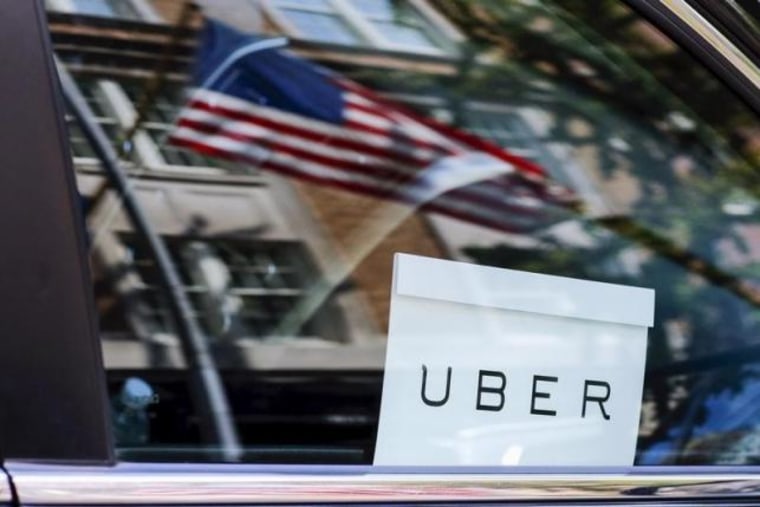A Chicago-based disability rights group on Thursday filed a federal lawsuit against Uber, alleging the ride-hailing company has violated wheelchair accessibility laws.

The lawsuit, filed by Access Living of Metropolitan Chicago and three disabled people associated with the group, alleges San Francisco-based Uber fails to provide vehicles equipped to handle wheelchairs. It seeks an order to bring the company into compliance with the Americans with Disabilities Act.
Out of millions of rides, the company has provided just a handful to disabled users requiring wheelchair accessible vehicles since launching in the city in 2011, the lawsuit claims.
Uber's "service to people who require wheelchair accessible vehicles ranges from token to non-existent," court documents said.
"That position threatens a return to the isolation and segregation that the disability rights movement has fought to overcome," the documents added.
According to the lawsuit, from September 2011, when Uber began operating in Chicago, to August 2015, the company provided just 14 rides to motorized wheelchair users requiring wheelchair accessible vehicles. It did this by connecting riders with wheelchair accessible taxi services, a blog from the company said.
By comparison, court documents said, Uber provided nearly 5.5 million rides from April to June 2015 in Chicago, the third largest U.S. city.
"We take this issue seriously and are committed to increasing mobility and freedom for all riders and drivers, including those members of our communities who are disabled," Uber said in a statement in response to the lawsuit.
Related: Why Uber Is Better at Geolocation Than 911 Dispatch Centers
In May, Uber launched uberWAV in Chicago, which provides riders with vehicles equipped with wheelchair ramps or lifts and uberASSIST, designed for people who need additional assistance while using the ride-hailing service.
At the time, the company acknowledged that it needed to increase disability access in the city and said that it "won't happen overnight."
During an August meeting with Uber officials that included a demonstration of the app, court documents said, the program showed there were no wheelchair accessible vehicles operating in Chicago at the time. Charles Petrof, Access Disability's lawyer, said on Thursday this continues to be an issue.
Taxi operators in Chicago with more than 20 cabs must maintain at least 5 percent as accessible vehicles, according to city ordinance. The city also provides financial incentives for wheelchair accessible taxis.
Last July, Massachusetts attorney general's office began examining how Uber, and its rival, Lyft, ensure equal access for people with disabilities.